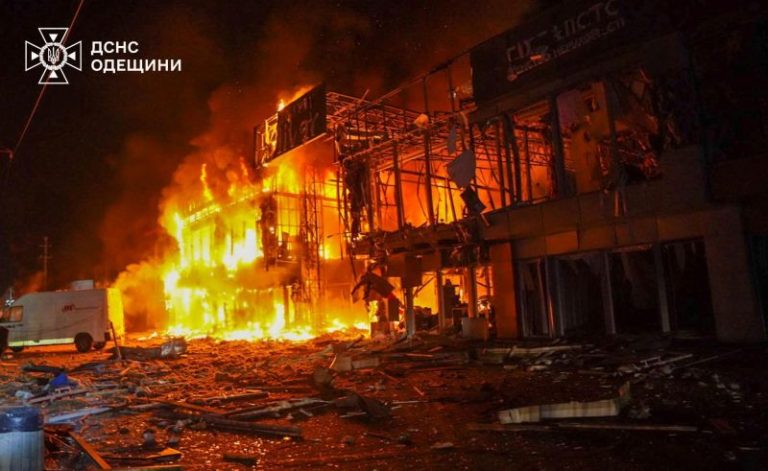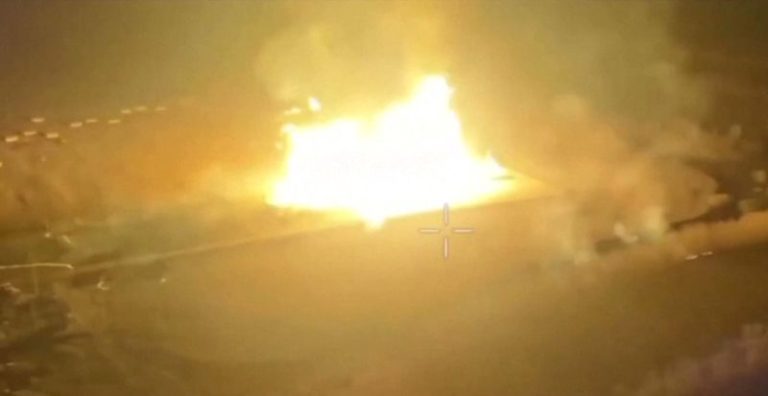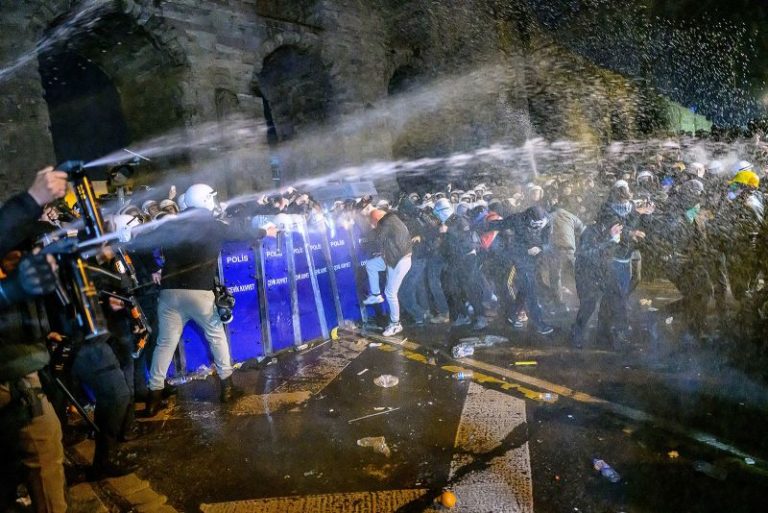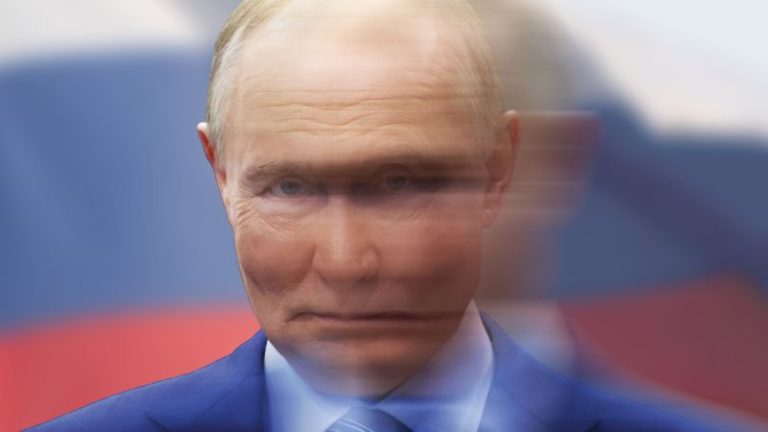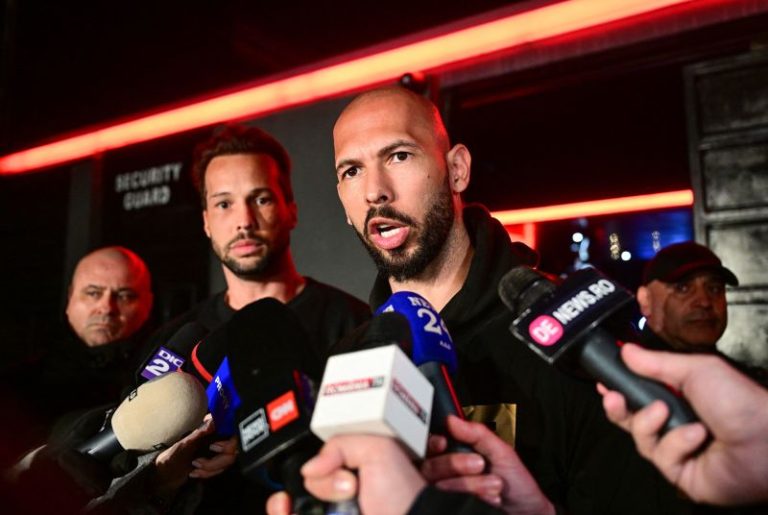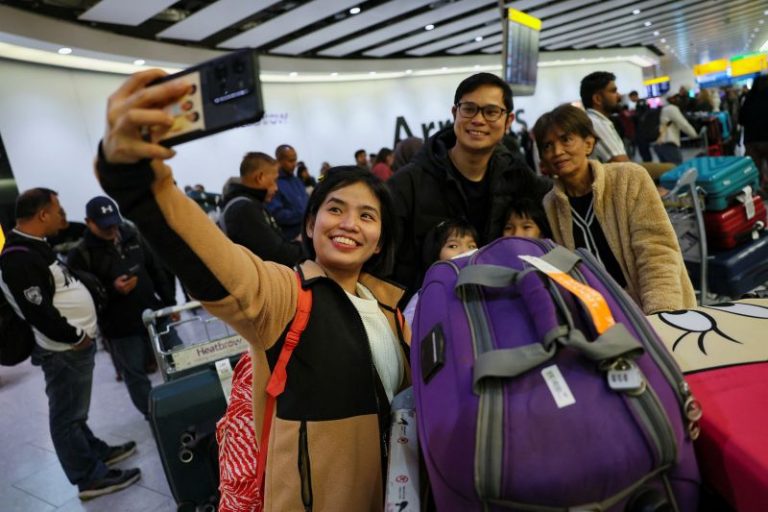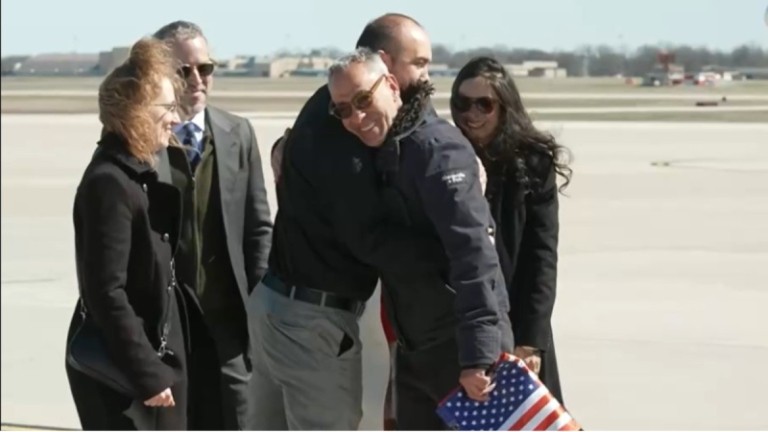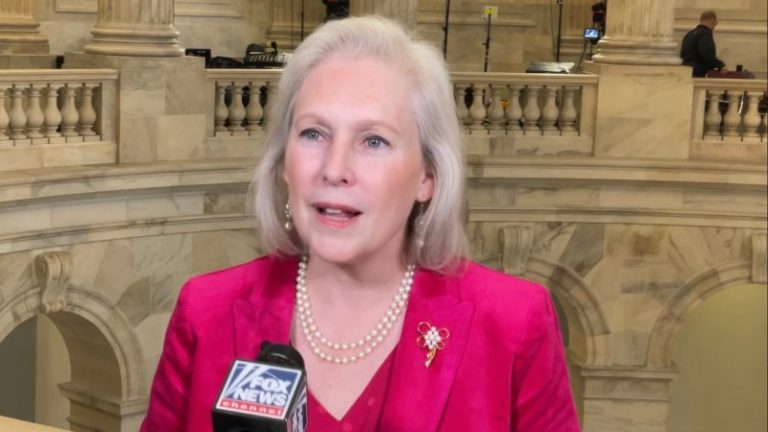US President Donald Trump said he thinks Vladimir Putin wants peace. Ukraine and its European allies don’t believe he does, while the Russian leader himself said he wants peace but then refused to sign up to it when presented with the option.
What Putin really wants, though, is much, much bigger.
The Russian president has made no secret of the fact that he believes Ukraine should not exist as an independent state and he has repeatedly said he wants NATO to shrink back to its Cold War-era size.
But more than anything, he wants to see a new global order — and he wants Russia to play the starring role in it.
Putin and several of his most trusted allies emerged from the remnants of the KGB, the Soviet-era intelligence agency. They have never forgotten the humiliation of the fall of the Soviet Union and are not happy with the way the world has turned out since then.
Putin rose to power during the chaos of the 1990s, when the Russian economy collapsed and had to be rescued by the International Monetary Fund and the World Bank – another humiliation for the former superpower.
But from 2000, when Putin became president, steadily rising oil prices made Russia and many Russians richer than ever before. And Russia had a voice. It was invited into the G7 group of the world’s largest economies – renamed the G8 after it joined.
“Putin was happy to throw all that away on behalf of his citizens because of higher geopolitical aims,” Berzina said. Russia was expelled from the G8, sanctioned by the West and ostracized on the global stage because of its aggression against Ukraine.
Berzina said it was never good enough for Russia to be “the eighth in the G7.”
“That doesn’t work within Russia’s understanding of its own exceptionalism. It is the largest country in the world, the richest in (natural) resources, so how can it simply be one of the players?” she said.
To understand what Putin wants from the current talks with the US, it’s key to remember that the two sides are talking because the United States made a policy U-turn under Trump — not because of a fundamental change in Russian thinking.
Trump wants the war in Ukraine to end as soon as possible, even if it means further territorial losses for Ukraine.
This means Putin has little to lose from talking.
Trump has claimed that “Russia holds all the cards” in the war with Ukraine, but the battlefield has been mostly stalled for the past two years.
While Russia is making some incremental gains, it is definitely not winning – though this could change if the US was to stop supplying arms and intelligence to Ukraine.
For Putin and the people around him, Trump’s push for a ceasefire simply presents an opportunity to secure quick wins while keeping an eye on the long-term goals, he said.
“Putin is an opportunist. He likes creating dynamic, chaotic situations, which throw up a whole variety of opportunities. And then he can then just pick which opportunity appeals to him, and he can change his mind,” Galeotti said.
Putin and his aides have made it very clear that their long-term goals have not changed. Even as they talk about wanting peace, Russian officials have continued to insist that the “root causes” of the conflict in Ukraine must be “eliminated.”
In the Kremlin’s view, these “root causes” amount to Ukraine’s sovereignty and its democratically elected President Volodymyr Zelensky, as well as NATO’s expansion to the east in the past 30 years.
Putin ordered the full-scale invasion of Ukraine in February 2022 to force a regime change in Kyiv, planning to install a pro-Moscow government. His goal was to turn Ukraine into a vassal state like Belarus and prevent it from joining the European Union and NATO in the future.
He has not achieved that goal by using military force, but that doesn’t mean he has abandoned it.
Instead, he might try to achieve it by other means.
“The easiest way for Russia to attain what it wants in a different country is not through military means, but through interference and electoral process,” Berzina said, adding that it is possible – even likely – that this is what Moscow would try to do after a ceasefire was in place.
This is likely why Russia keeps questioning Zelensky’s legitimacy and pushing for an election – and why Kremlin was delighted when Trump adopted this narrative and called the Ukrainian leader “a dictator without elections.” Ukraine’s martial law – imposed because of Russia’s aggression – prohibits elections from taking place while the conflict is ongoing.
Trump and his vice president, JD Vance, have rejected the idea that Ukraine could join NATO any time soon and Putin has asked for a US commitment that this will not happen to be part of any ceasefire agreement.
But Berzina said that Ukraine’s European allies are not buying Putin’s promises that he would stop fighting if Ukraine became – as he called it – neutral.
“No matter what Trump and Putin think they can arrange this week or this year, many people in Europe now find Putin fundamentally untrustworthy,” she said.
“Could there be a desire for Russia to try its hand again militarily? Sure. And that is why the Europeans are very clear-eyed on the potential for future military engagement.”
Andrei Soldatov, a Russian investigative journalist and security expert who lives in exile in London, said Putin and his aides believe they can “try to get something out of Trump right now.”
“They think they can win some tactical battles but that he would not give them what they really want, which is a complete rearrangement of security arrangements in Europe,” he said.
Russia’s wariness of the US goes far back.
“It’s very personal to them because they were all young KGB officers back then, and they lost their social standing, they lost a place in Russian society, they lost the country as they describe it now, and it was extremely humiliating,” Soldatov said.
“They really believe that the West has been after the complete destruction and subjugation of Russia for centuries. It’s not just propaganda, they really, really believe in this.” But Putin has also framed his plan for Ukraine within his own – inaccurate — interpretation of history, which goes well beyond the fall of the Soviet Union. Putin has often argued that Ukraine is not a real country because Ukraine and Ukrainians are part of a larger “historical Russia”
Experts say this is, of course, nonsense.
“What he’s talking about is the fact that Russia and Ukraine and Belarus share a political ancestor called Rus … but it’s very much not the same thing as any modern country. It was an early to late medieval political entity and to say that Ukraine doesn’t have a right to exist because of this shared ancestor — no country looks the same as in the 10th century,” said Monica White, an associate professor in Russian and Slavonic Studies at the University of Nottingham.
Putin has also often turned to Russia’s religious identity in support of his plan. The leader of the Russian Orthodox Church, Patriarch Kirill, is one of the loudest supporters of the war.
“After the fall of the Soviet Union, Russia lost its connection with the ancestral Orthodox lands and I think part of Putin’s project is to try to bring back that thread connecting 10th century Rus with this pure orthodox continuity,” White said. “What he’s doing is actually not so different from some of the early Romanov Tzars who kept trying to get back the Orthodox lands that were under either Ottoman or Catholic rule, and they eventually did.”
Putin’s overwhelming desire is to return Russia to the global stage with a bang, she suggests – by creating a wedge between Europe and the US and teaming up with the West’s other adversaries.
“Russia wants to be at all the important tables – so whatever comes next, maybe it doesn’t have to mean territorial conquest in Europe, but I think it does have to be in a starring role in the more powerful bloc, if it sees that to include China or Iran or others, a bloc that is defined by its willingness to disrupt and destabilize,” White added.
Putin clearly believes that Russia – the largest country in the world by area – should be involved in running the world. He might have a like-minded man in the White House. Trump has made it clear that he believes the biggest and most powerful countries should get what they want – whether it’s Greenland, the Panama Canal, or a chunk of Ukraine.
“I think that the fundamental point is that, as far as Trump is concerned, Ukraine is a bought and paid for vassal state and has to understand its place and accept that, essentially, America will work out some kind of a deal with Russia and then bring it back to Ukraine,” Galeotti said.
This post appeared first on cnn.com


